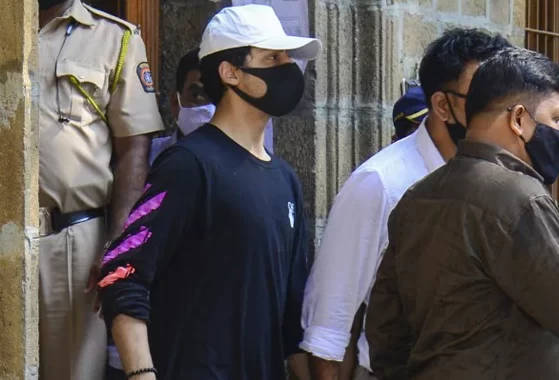Difference Between Judicial Custody & Police Custody: Know what is police custody and judicial custody.
INTRODUCTION
The words “custody” and “arrest” are not synonymous. In every arrest, there is custody, but vice versa is not true. The mere utterance of words or gestures or flickering of eyes does not amount to arrest. Actual seizure or touch of a person’s body to arrest is necessary.
In case you are in charge of a room with some kids and you find acts of one of those kids dangerous to other kids. You’ll want to tie his arms and make him sit away from other kids. So this is the principle behind arresting the suspect of a crime, to save other people in society.
What is the meaning of Police Custody?
When following the receipt of an information/complaint/report by police about a crime, an officer of police arrests the suspect involved in the crime reported, to prevent him from committing the offensive acts further, such officer brings that suspect to the police station, it’s called Police Custody.
During this detention, the police officer in charge of the case may interrogate the suspect and this detention is not supposed to be longer than 24 hours.
The officer in charge produces the suspect before the judge within 24 hours. These 24 hours exclude the time of the journey from the police station to the court.
What is the meaning of Judicial Custody?
Judicial Custody means an accused is in the custody of the concerned magistrate. In Police custody, they lodge the accused in a police station lockup. In Judicial Custody, in the jail under the supervision of the magistrate.
Difference between Judicial Custody and Police Custody
Police Custody means that police have the physical custody of the accused while Judicial Custody means an accused is in the custody of the concerned magistrate. In the former, they lodge the accused in a police station lockup while in the latter; it is the jail.
The first thing that happens to a suspect under arrest is that Police take him into police custody. After that, they take him before a magistrate. After that, he may either be remanded to judicial custody or be sent back into police custody.
The most important difference is the fact that we can send the accused to police custody only within the first fifteen days of the presentation before the Magistrate after the arrest, as held by the Supreme court in State v. Dharampal, 1982 as mentioned in proviso (a) to section 167(2) of crpc. But with judicial custody, we can send such a person to prison, either within first fifteen days or even thereafter.
Also Read: Anticipatory Bail Under Crpc, 1973
![]()



Leave feedback about this